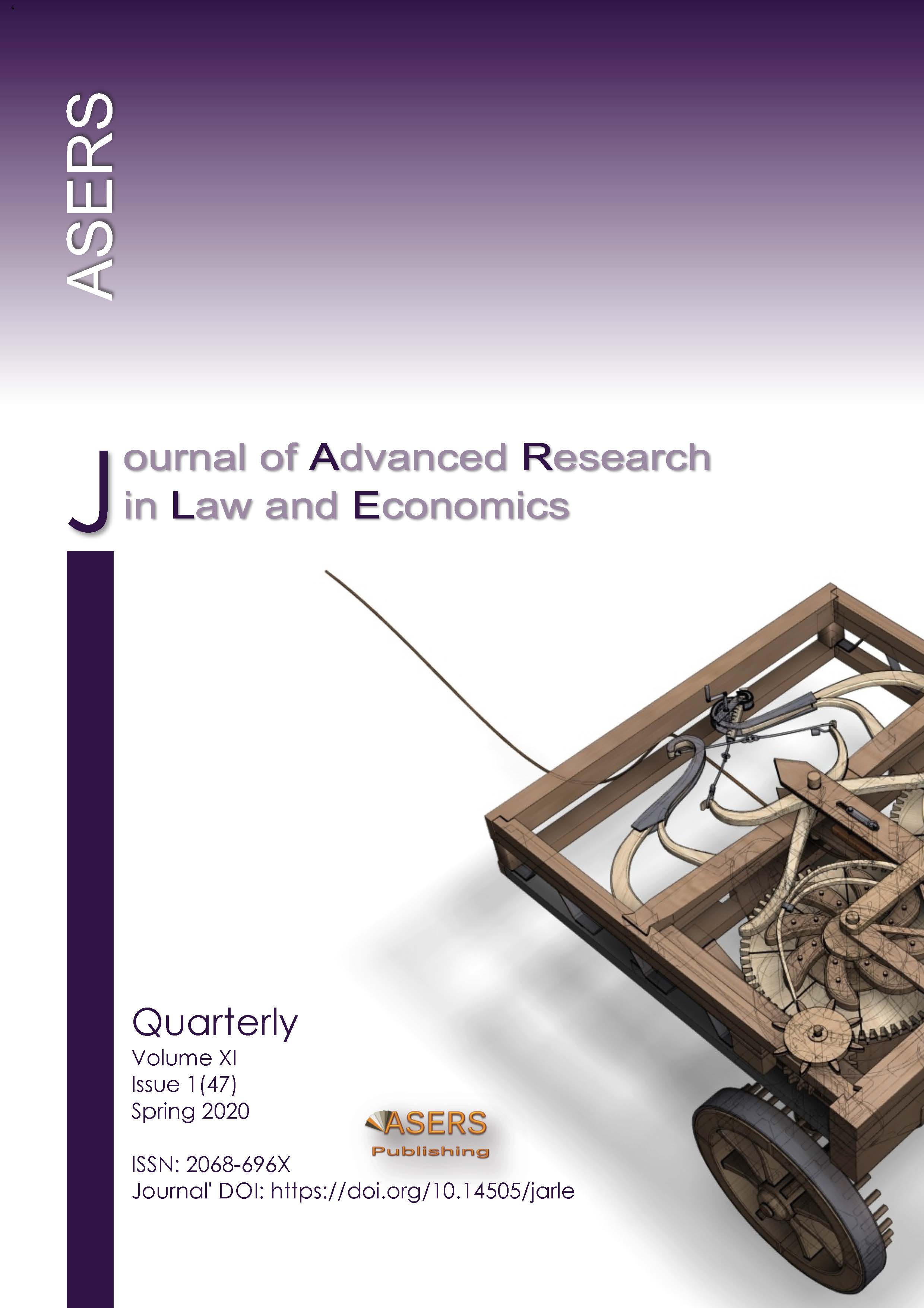The Constitutional Court Interpretation of ‘Indigenous Belief’: An Islamic and 1945 Constitution Perspectives
The Constitutional Court Interpretation of ‘Indigenous Belief’: An Islamic and 1945 Constitution Perspectives
Author(s): Muchammad ICHSAN, Nanik PRASETYONINGSIHSubject(s): Law, Constitution, Jurisprudence, Constitutional Law
Published by: ASERS Publishing
Keywords: religion; indigenous belief; Constitutional Court Decision; Islamic Sharia; 1945 Constitution;
Summary/Abstract: This study aims to review the Republic of Indonesia's Constitutional Court Decision No. 97/PUU-XIV/2016. The Decision states that the provisions of Law No. 23 of 2006, Article 61(1) and (2) and Article 64(1) and (5) relating to the clearing of the column of religion in the family card and electronic identity card, are contrary to the Constitution. This study was designed to be qualitative for this purpose and uses normative methods of legal research. This study found that the decision of the Constitutional Court was not in line with Islamic Sharia and the Constitution of 1945 because it had an impact on the recognition of indigenous beliefs and their followers in order to have the same position in Indonesia as religions and their followers. This condition is damaging to society. According to the Islamic principle of sadd adz-dzarai, if it leads to something that is prohibited, something that is permitted must be closed or stopped. As respect to the Constitution of 1945, the provisions of Article 28E paragraph (1) and paragraph (2) of the Constitution of 1945, where religions and indigenous beliefs are classified as two separate and distinct entities, are more relevant constitutional norms to be referred to.
Journal: Journal of Advanced Research in Law and Economics (JARLE)
- Issue Year: XI/2020
- Issue No: 47
- Page Range: 37-44
- Page Count: 8
- Language: English
- Content File-PDF

